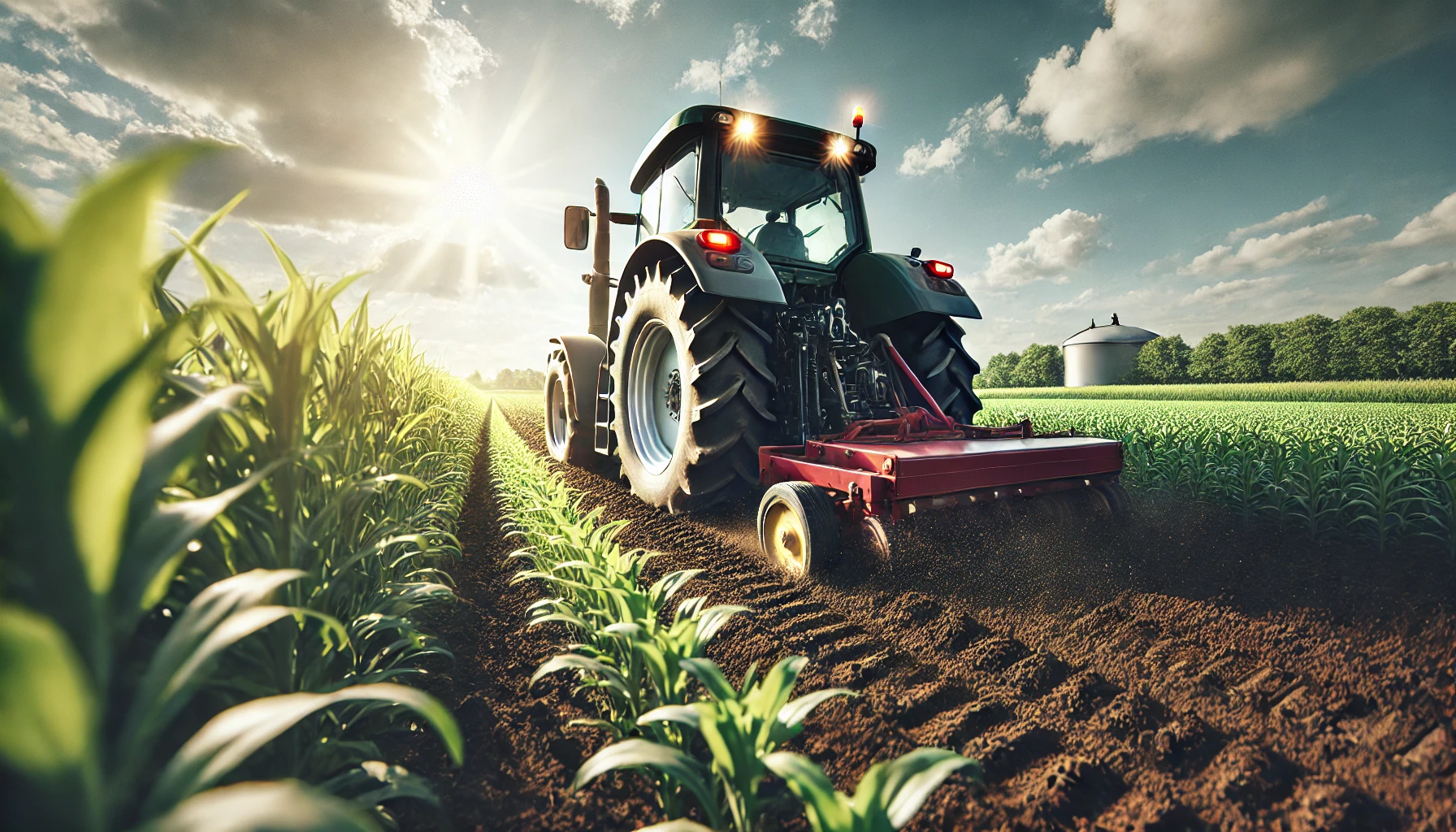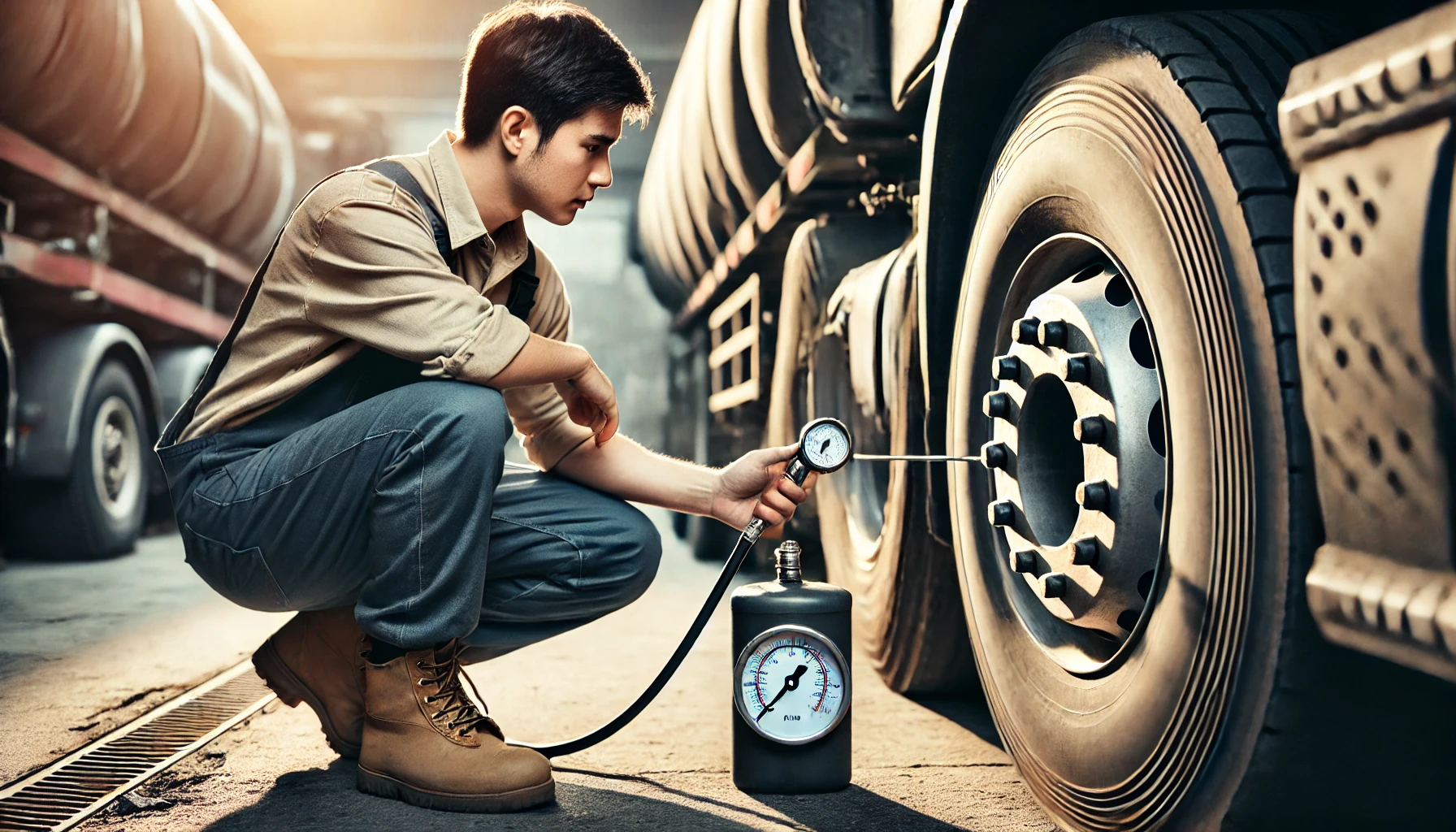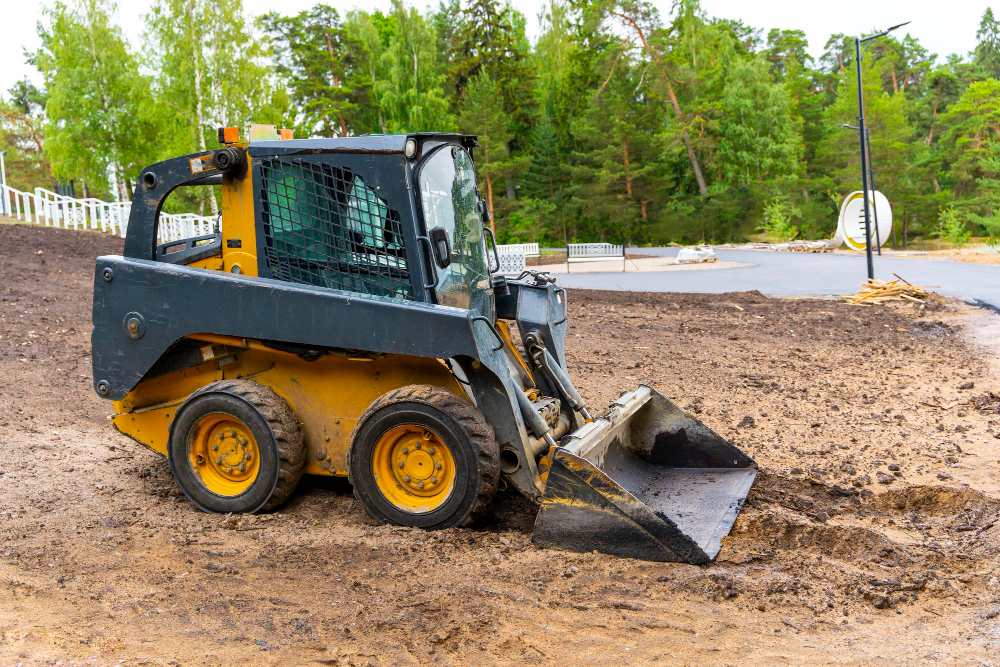
Agricultural Tyres – The Backbone of Farming Efficiency
Agriculture is an industry where margins are often tight, and every decision impacts productivity and profitability. While most attention is given to seeds, fertilizers, and machinery, there is one critical element that often doesn’t get the recognition it deserves: tyres. Agricultural tyres are the only point of contact between heavy machinery and the land itself. They influence traction, soil health, fuel efficiency, and overall operational costs.
For farmers, choosing the right tyres is not just a technical decision but a strategic one. Strong, well-designed tyres translate to smoother farming operations, lower maintenance costs, and better yields. ATF agricultural tyres, built on bias (cross-ply) technology, are engineered specifically to withstand the rigors of farming while delivering durability and long-lasting performance.
Why Agricultural Tyres Matter
Farm machinery today is more powerful than ever, with tractors, harvesters, and implements designed to handle vast workloads. But without proper tyres, even the most advanced tractor cannot deliver its full potential. Agricultural tyres:
- Transfer engine power to the ground effectively.
- Maintain stability when carrying or pulling heavy loads.
- Protect soil by distributing weight evenly.
- Reduce wheel slippage that wastes both time and fuel.
Poor-quality tyres can compact soil, limiting water absorption and root growth. They also slip more often, wasting energy and increasing operating costs. High-quality tyres, however, help farmers get more done in less time while protecting the land for future harvests.
Key Features of Agricultural Tyres
- Traction Strength: Bias tyres with deep, angled lugs provide strong grip, allowing tractors to work effectively even in wet or loose soil.
- Load Handling: Agricultural tyres carry the weight of machinery plus heavy implements and trailers. Cross-ply construction ensures durability under such loads.
- Durability: Thick sidewalls in bias tyres protect against punctures, cuts, and harsh field conditions.
- Cost-Effectiveness: Bias tyres remain more affordable compared to alternatives, making them ideal for farms where cost management is critical.
- Versatility: Suitable for both tractors and implements, bias tyres adapt well to different farming tasks.
Types of Agricultural Tyres
- Tractor Rear Tyres: Provide the main traction force for plowing, tilling, and pulling loads.
- Tractor Front Tyres: Designed for steering stability and balance.
- Implement Tyres: Used for trailers, seeders, harvesters, and other attachments.
- Flotation Tyres: Wider tyres that reduce soil compaction in sensitive areas like wet fields.
Practical Example: A Farmer’s Choice
Consider a maize farmer working in loamy soil. If the farmer chooses narrow tyres with insufficient traction, the tractor slips more, consuming extra fuel and leaving ruts in the soil. But by using ATF bias tyres with deeper lugs and stronger sidewalls, the tractor moves smoothly, reduces soil damage, and gets more work done in less time. Over a season, this small choice makes a noticeable difference in efficiency and cost savings.
Maintenance Tips for Longer Tyre Life
- Inflation Control: Always maintain recommended air pressure. Overinflation reduces grip, while underinflation increases wear.
- Routine Inspection: After heavy fieldwork, check tyres for cuts, cracks, and stones lodged in the tread.
- Rotation: Regular rotation balances wear and prolongs tyre life.
- Storage: When equipment is not in use, park in shaded or covered areas to protect rubber from sunlight.
- Avoid Overloading: Do not exceed the weight limits specified for the tyre to prevent premature damage.
The Economic Impact of Tyre Choice
- Fuel Efficiency: Well-maintained tyres reduce slippage and resistance, saving fuel.
- Machinery Life: Reduced strain on engines and axles prolongs equipment lifespan.
- Yield Protection: Minimizing soil compaction protects future harvests.
- Replacement Costs: Stronger tyres last longer, reducing frequent purchase expenses.
Frequently Asked Questions
Q1: Why are bias tyres recommended for farm use?
Bias tyres are strong, cost-effective, and handle heavy loads well, making them reliable for tractors and implements.
Q2: How can tyres reduce soil compaction?
Tyres with wider footprints and correct inflation distribute weight more evenly, protecting soil structure.
Q3: How often should tyres be rotated?
For tractors used daily, tyres should be rotated every 400–500 operating hours to balance tread wear.
Q4: Can the same tyres be used for both tractors and trailers?
Not always. Tractor tyres are designed for traction, while implement tyres are designed for carrying loads. Choosing application-specific tyres improves efficiency.
Q5: How long do agricultural tyres last?
With proper care, high-quality bias tyres can last several years, though actual life depends on soil conditions, loads, and maintenance practices.
Q6: What is the best way to store tyres off-season?
Store in a cool, dry, shaded environment away from direct sunlight and chemicals that degrade rubber.
Why ATF Agricultural Tyres?
- Deep tread designs for maximum traction.
- Reinforced sidewalls for durability.
- Strong bias construction to handle heavy farm loads.
- Affordability that makes them accessible for farmers worldwide.
Conclusion
Agricultural tyres are more than just wheels—they are fundamental tools that shape productivity and profitability in farming. By choosing the right tyres and maintaining them properly, farmers protect soil health, save fuel, and improve long-term yields. ATF agricultural tyres, built with durability and practicality in mind, give farmers the confidence to take on every season’s challenge.
ATF Agricultural Tyres – Strong. Reliable. Built for Farmers.






.svg)

